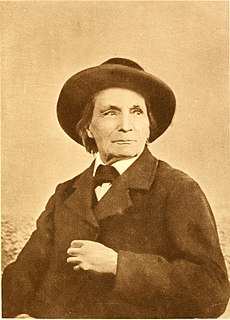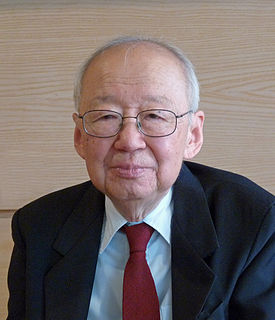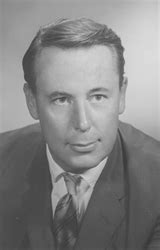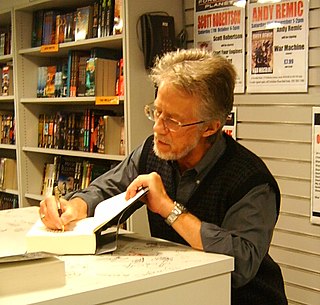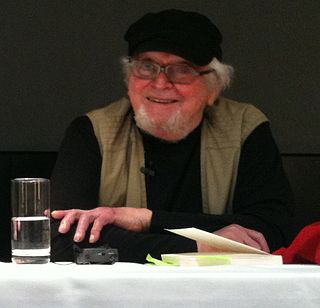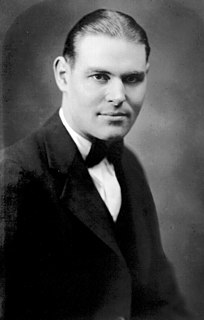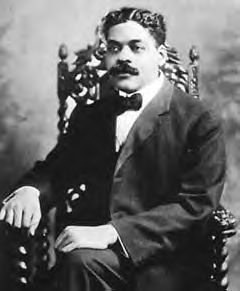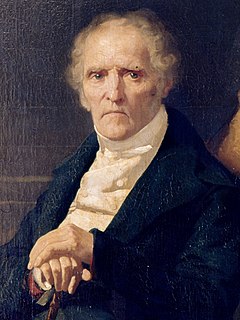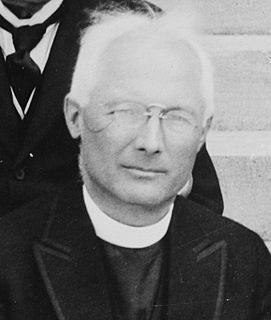A Quote by Jean-Henri Fabre
Permanence of instinct must go with permanence of form...The history of the present must teach us the history of the past.
Related Quotes
What they teach you as history is mythology and true mythology is far from fantasy -- it is our true history. A bulk of our real history can be found in Egyptian and Greek mythology. Yes, myths reveal to us worlds of other dimensions that make up our true reality. History books teach us that the minds of the past operated on the same frequency, dimension, or level of consciousness as we do now. Not true at all.
History in Burckhardt's words is 'the record of what one age finds worthy of note in another.' The past is intelligible to us only in light of the present; and we can fully understand the present only in light of the past. To enable man to understand the society of the past and to increase his mastery over the society of the present is the dual function of history.
History, when rightly written, is but a record of providence; and he who would read history rightly, must read it with his eyes constantly fixed on the hand of God. This statement of a nineteenth-century historian sums up the responsibility of the Christian teacher of history, for he who would teach history or any subject matter rightly, must teach it with his eyes constantly fixed on the hand of God.
Art is a means of memorialization of the past, a record of a rapidly vanishing world; a means of exorcising, at least temporarily, the ravages of homesickness. To speak of 'what is past, or passing or to come'-in the most meticulous language thereby to assure its permanence; to honor those we've loved and learned from and must outlive.
The American Negro must rebuild his past in order to make his future. Though it is orthodox to think of America as the one country where it is unnecessary to have a past, what is a luxury for the nation as a whole becomes a prime social necessity for the Negro. For him, a group tradition must supply compensation for persecution, and pride of race the antidote for prejudice. History must restore what slavery took away, for it is the social damage of slavery that the present generation must repair and offset.
Writing of history is our only heuristic principle. The Germans have a word for it, einfühlen. It is the ability to experience the past in the present and to recreate it. In my books, I have tried to recreate it in the most natural way possible: History must be integrated into the story without the weight of premonition.
